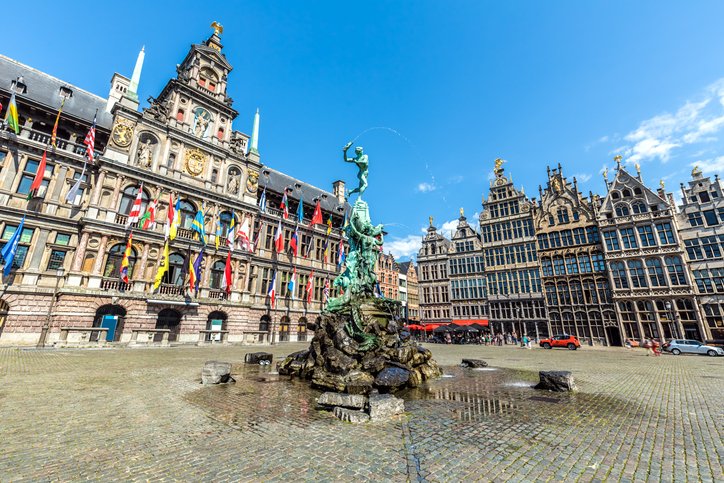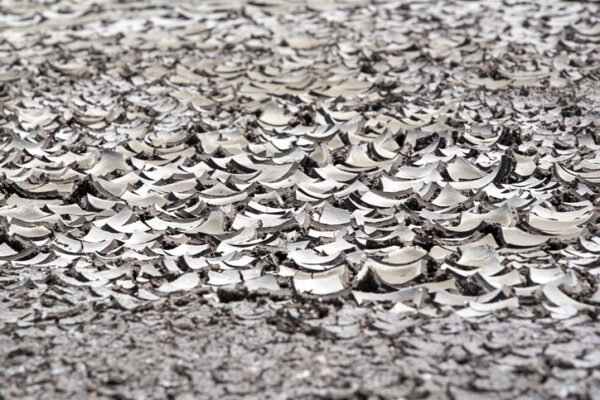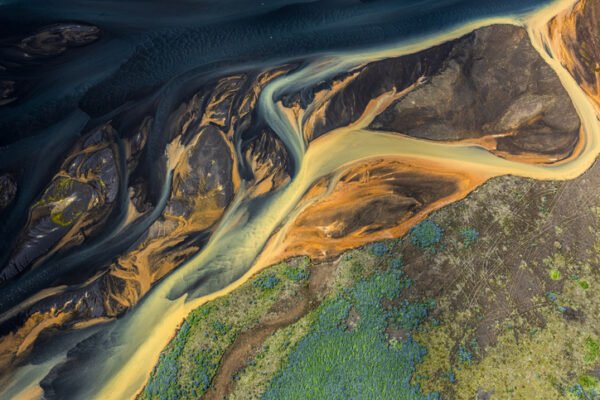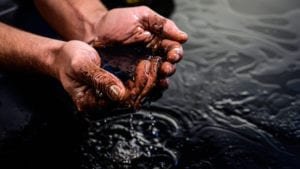Belgium’s Federal Parliament has voted in favour of a new penal code for the country which, for the first time in Europe, includes recognition of the crime of ecocide at both the national and international levels.
Nationally the new crime of ecocide, aimed at preventing and punishing the most severe cases of environmental degradation – such as extensive oil spills – will apply to individuals in the highest positions of decision-making power and to corporations.
The punishment for individuals may include up to 20 years in prison, while corporations could face fines of up to 1.6 million euros.
A global conversation
Within Belgium’s federal monarchy, domestic environmental legislation is primarily the responsibility of the three regional governments of Flanders, Wallonia and Brussels.
The scope of this new law is limited to areas within the jurisdiction of the federal authority, including the North Sea and nuclear waste management.
The limited domestic scope of the new bill is not a reason to dismiss the significance of the development.
‘Last November, following months of relentless advocacy from a diverse coalition of political allies, the European Union reached an agreement to incorporate a new dedicated offence into its recently revised environmental crimes directive, targeting ‘cases comparable to ecocide’.
‘Now, all 27 member states are tasked with aligning their domestic penal codes with this updated directive, a process that will extend to Belgium’s three regions. We anticipate that this effort will significantly reduce any disparities between federal and regional environmental criminal laws. As Belgium holds the presidency of the European Union, this directive should encourage the regions to play their part in the area of their competence.
‘Belgium is now at the forefront of a truly global conversation around criminalising the most severe harms to nature and must continue to advocate for the recognition of ecocide at the International Criminal Court, alongside genocide.
‘In order to fully protect nature, it is necessary that those that would wilfully destroy vast swathes of the natural world, in turn causing untold human harm, should be criminalised. We will continue to campaign to eradicate ecocide from Belgium and the world.’
PATRICIA WILLOCQ
Director of Stop Ecocide Belgium
Ecocide as an international crime
Belgium has also become the first European country to recognise ecocide as an international crime, based on the consensus definition proposed in 2021 by the Independent Expert Panel (IEP) convened by the Stop Ecocide Foundation, in its penal code.
The country has already recognised genocide, crimes against humanity, war crimes and the crime of aggression and is now adding a nature-centred element to its penal code by recognising a fifth crime under international law: ecocide.
 Play Video about This Rock Might Just Save The World
Play Video about This Rock Might Just Save The World Play Video about Play 2 hours of rock
Play Video about Play 2 hours of rock Play Video about Play 2 hours of brook
Play Video about Play 2 hours of brook Play Video about Play 2 hours of sheep
Play Video about Play 2 hours of sheep















































